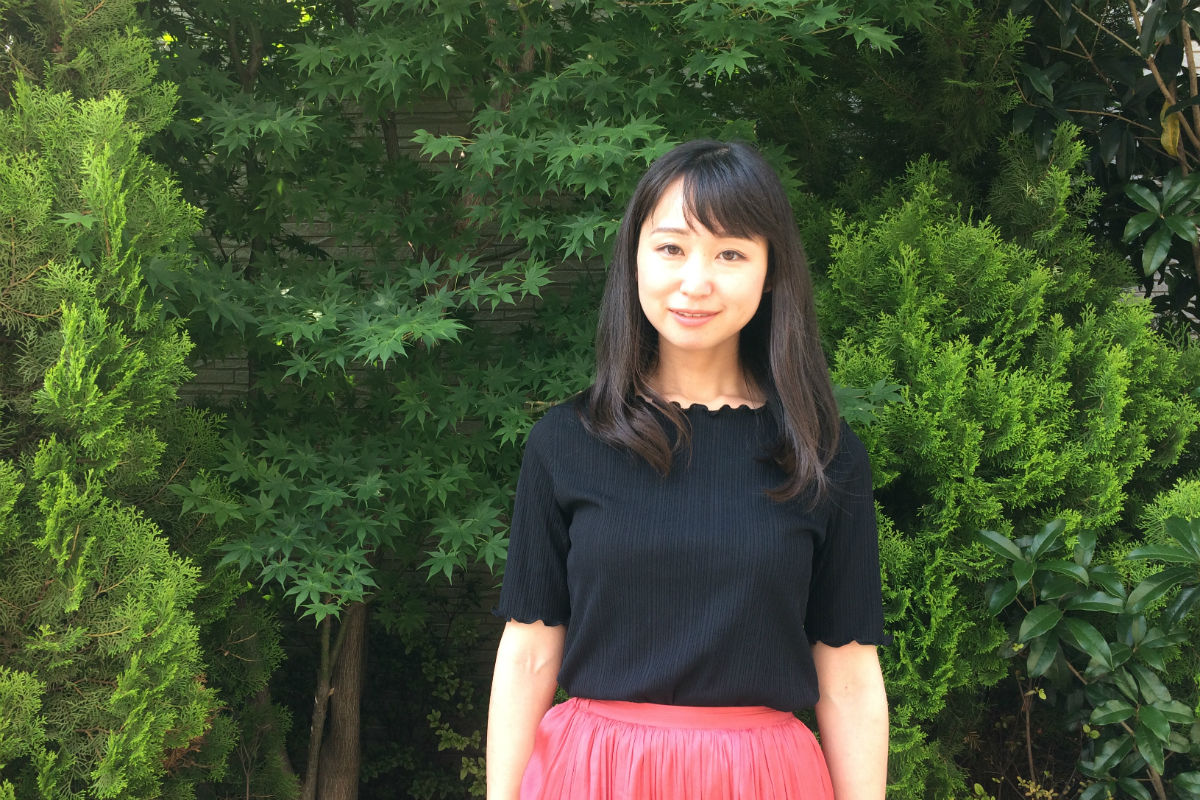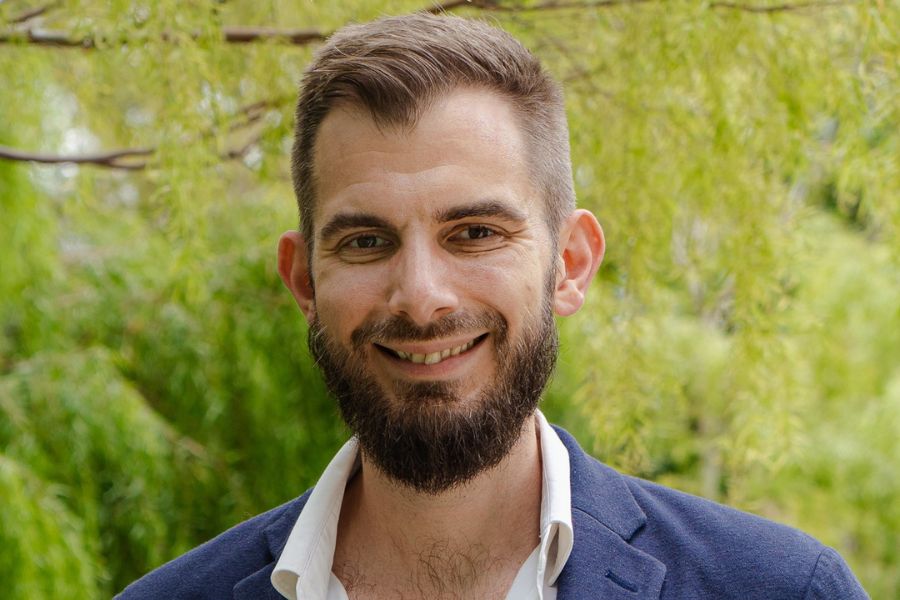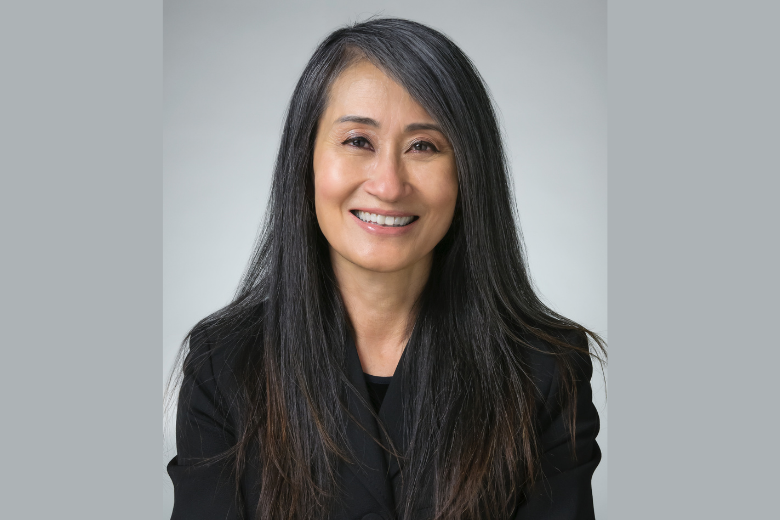When she complained on Twitter about the discomfort, and injustice, of having to wear high heels for her part-time job at a funeral parlour, Yumi Ishikawa says she didn’t expect to find herself at the forefront of a gender-equality movement.
Her tweet drew around 70,000 likes and 30,000 retweets. “So I realised a lot of people share this feeling, and that it was a gender issue,” she says, speaking at a McDonald’s in a suburb of west Tokyo. Five months on, the actress, writer and former glamour model has become an unlikely symbol of the struggle for gender equality in Japan, which continues to hover near the bottom of the World Economic Forum’s annual global report on the topic.
Ishikawa, who responds affirmatively when asked if she thinks of herself as a feminist, did speak out once before on discrimination: in the early days of #MeToo in 2017, she took to social media to describe her own experience. Her action drew a hostile response and little more, typifying the fate of #MeToo in Japan. While this supposedly global phenomenon has failed miserably in the country, Ishikawa’s #KuToo (a composite of ‘shoes’ and ‘pain’) has made people sit up and take notice.
The movement has also met with negativity and misunderstanding, with some accusing Ishikawa of starting it simply as a means to raise her own profile. Ishikawa counters that many in society are unable to accept the idea of a woman voicing a strong opinion—on any topic. But she thinks the supporters it has attracted roughly balance out the detractors. In any event, it has at least sparked a conversation around sexism and women’s rights.
Ishikawa thinks #KuToo initially gained acceptance because shoes are a much lighter topic than sexual harassment, which most people don’t want to confront. But she believes the (often unwritten) rules around dress in the workplace are still a “sexual harassment” issue, even if not directly so. It’s ultimately not about shoes; it’s about unchallenged social norms that restrict women’s freedom. She has shied away from giving TV interviews for fear that broadcasters will frame #KuToo as a straightforward “labour issue”.
Ishikawa admits that she has employed little in the way of communications strategy, or indeed any strategy, up to this point, saying the movement has grown more or less organically, with some ad hoc volunteer help. Her aim, she says, is to make Japanese society aware of what gender discrimination is. “No one knows what the real problem is, so they can’t find a solution,” she says.
She thinks #KuToo has been successful up to a point, with some companies revising their policies as a result. “We’ve reached the first step,” she says. “Now, there’s recognition that a social problem exists. Before this, there was zero recognition.”
Engaging with the government still looks particularly challenging judging by the response of health, labour and welfare minister Takumi Nemoto to a petition to ban employers from insisting on high heels: he called them “necessary” attire. Such views aside, to gain wider acceptance of her message, Ishikawa acknowledges that she would benefit from more formal support, either in the form of communications consulting or brand patronage.
Shoe companies initially saw her as their enemy, she says. But she is now working with an undisclosed company that produces shoes for various brands which, keen to do some “social good”, has enlisted her to help develop more comfortable formal shoes. She says she would like to connect with more brands not limited to the footwear sector. Ultimately, Ishikawa thinks brand involvement can help further social or political causes by making them easier for people to relate to. To an outside observer, given the appetite for cause marketing on display at festivals like Cannes Lions, this probably looks easy to do. But in Japan it isn’t that simple.
To begin with, brands are more risk-averse than they are in a market like the US, meaning issues-based marketing is less common. Then there is a general sense of negativity attached to feminism, she says, which leads corporations to keep their distance. She hopes the level of international attention on #KuToo will gradually encourage people to adapt their thinking.
Commenting as an outside observer, Masashi Kawamura, chief creative officer of Whatever, an independent agency in Tokyo, says #KuToo is an important initiative, but that it might be challenging to find a Japanese brand that is "open enough to collaborate with it, when their company policies tend to be super old-school". He thinks it would be best to start by exploring possibilities with younger companies and those in the fashion sector.
“If a company did reach out and support it, it would make so many friends,” says Doug Schiff, chief creative officer of Ogilvy Japan. “I’m not sure why a female-targeted company wouldn’t want the big PR from it.”
International brands might be more likely than local ones to step up, but Kawamura says a tie-up with a Japanese company would probably send a stronger message. “I’m sure places like Google would be up for collaborations like this, but people would probably just think, ‘Oh, it’s Google. It’s foreign and has looser dress codes’” and a more relaxed working style to begin with, which would weaken the impact.
If #KuToo were to tie up with a brand, Ishikawa would be advised to conduct thorough research to ensure the company is genuine in its support of women’s rights. In a blog post published 26 June, Rob Campbell, EMEA head of strategy for R/GA, bemoans the volume of fake ‘purpose marketing’ in circulation. “I am utterly in shock how many companies [agencies] sell ‘purpose’ to brands and yet never investigate the soul of the brand,” he writes. In a similar way, it can be tempting for a brand to ride the wave of a cause to draw attention to itself, even if its inner workings do not reflect the values of the movement.
Asked what the next step for #KuToo will be, Ishikawa says she would like to turn it into something “more fun”, which could help it gain wider acceptance. “People often distance themselves from politics,” she says. “But I want to make people understand that politics and fun do not have to be separate things.”
She doesn’t expect the personal attacks to dissipate any time soon. “I’m just going to keep fighting the negativity,” she says. She doesn't avoid getting into arguments on social media, even though she rarely succeeds in changing a critic’s stance. “If I keep quiet, it looks like I accept their opinion. I also want other people to see these discussions. And if I don’t argue, the stress builds up.”
Ishikawa’s experience has broad relevance, including for women in advertising, which, judging by the proliferation of gender stereotypes in creative work, would clearly benefit from louder female voices. Asked what her biggest lesson has been so far, Ishikawa says:
“I realised it’s a really good thing to say if I find something weird. In Japan, if a woman gets angry about something, people say she’s being hysterical. But it’s reasonable to express anger or discomfort if we feel it. We have a right to express our emotions.”











